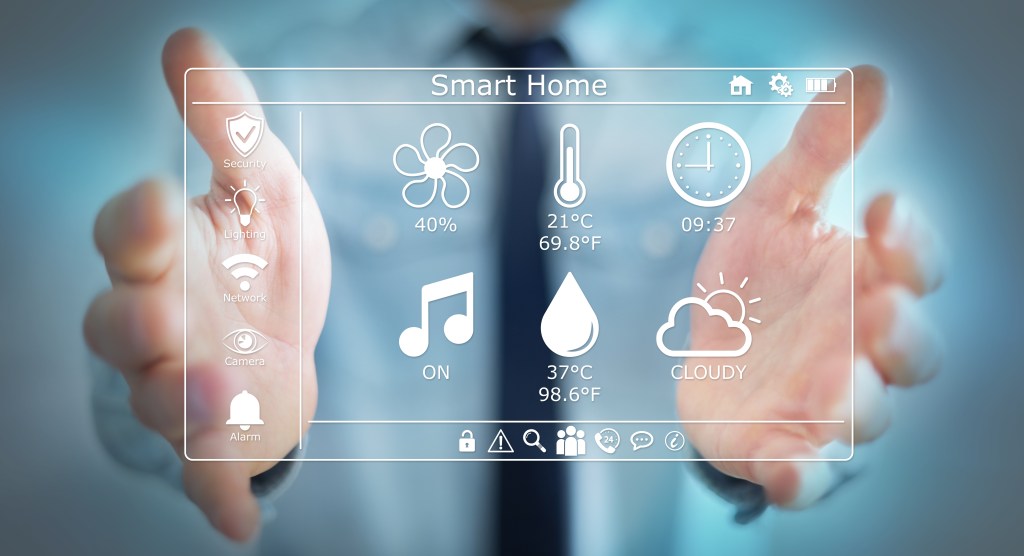
What’s this blog about?
Smart home devices are becoming more widespread, providing intuitive solutions and assistance to the day-to-day running of a household.
In recent years, the number of different options for smart home devices – ranging from speakers to doorbells to large kitchen appliances – have boomed, and homeowners now have a world of possibilities when it comes to creating their own ‘Smart Home’, a concept previously confined to science fiction.
We decided to find out which smart features would be most desirable for UK residents, whether having smart home features installed could boost property value for those looking to sell, and how much could potentially be saved in energy bills by installing some of these (based on Spring 2022 energy prices).
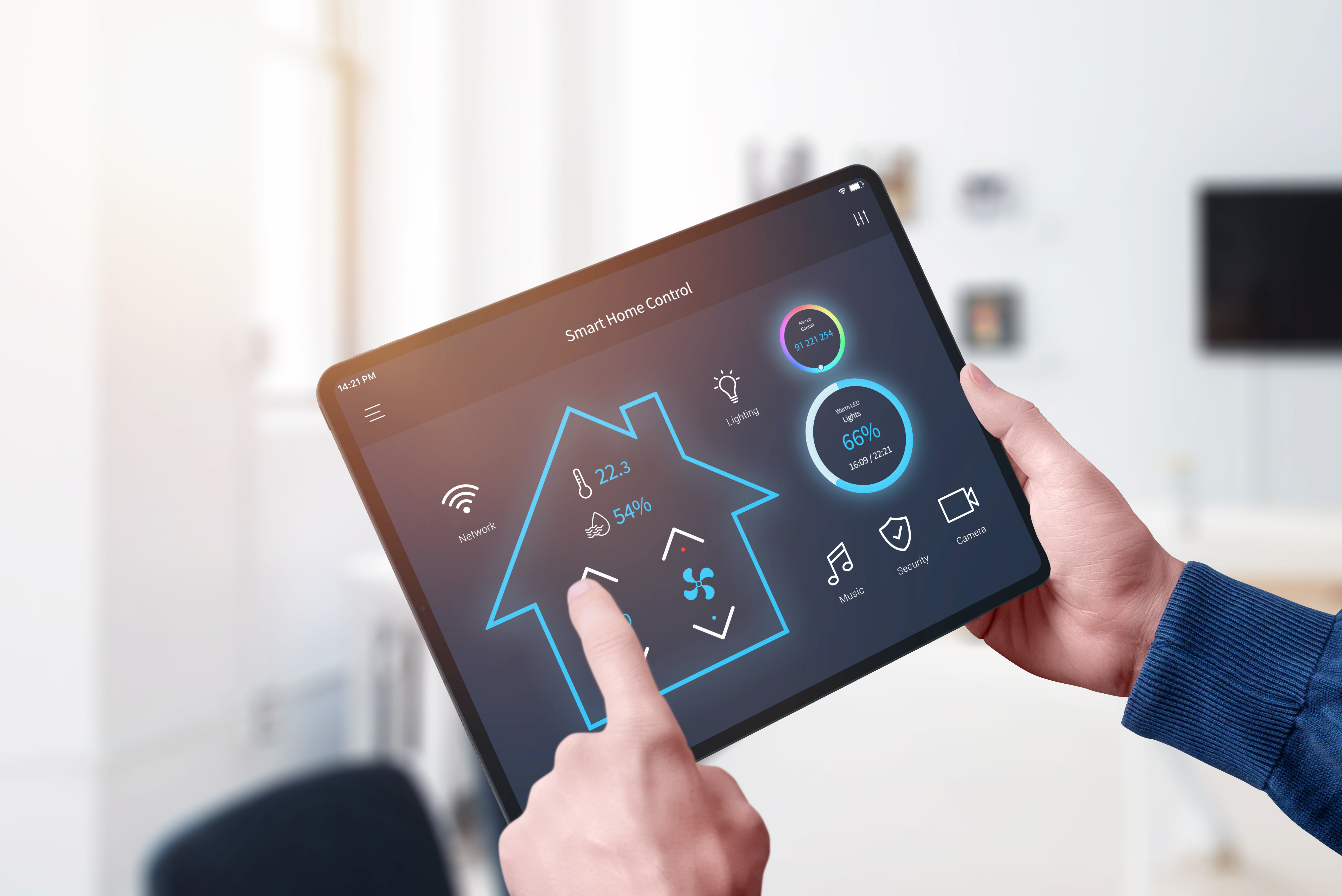
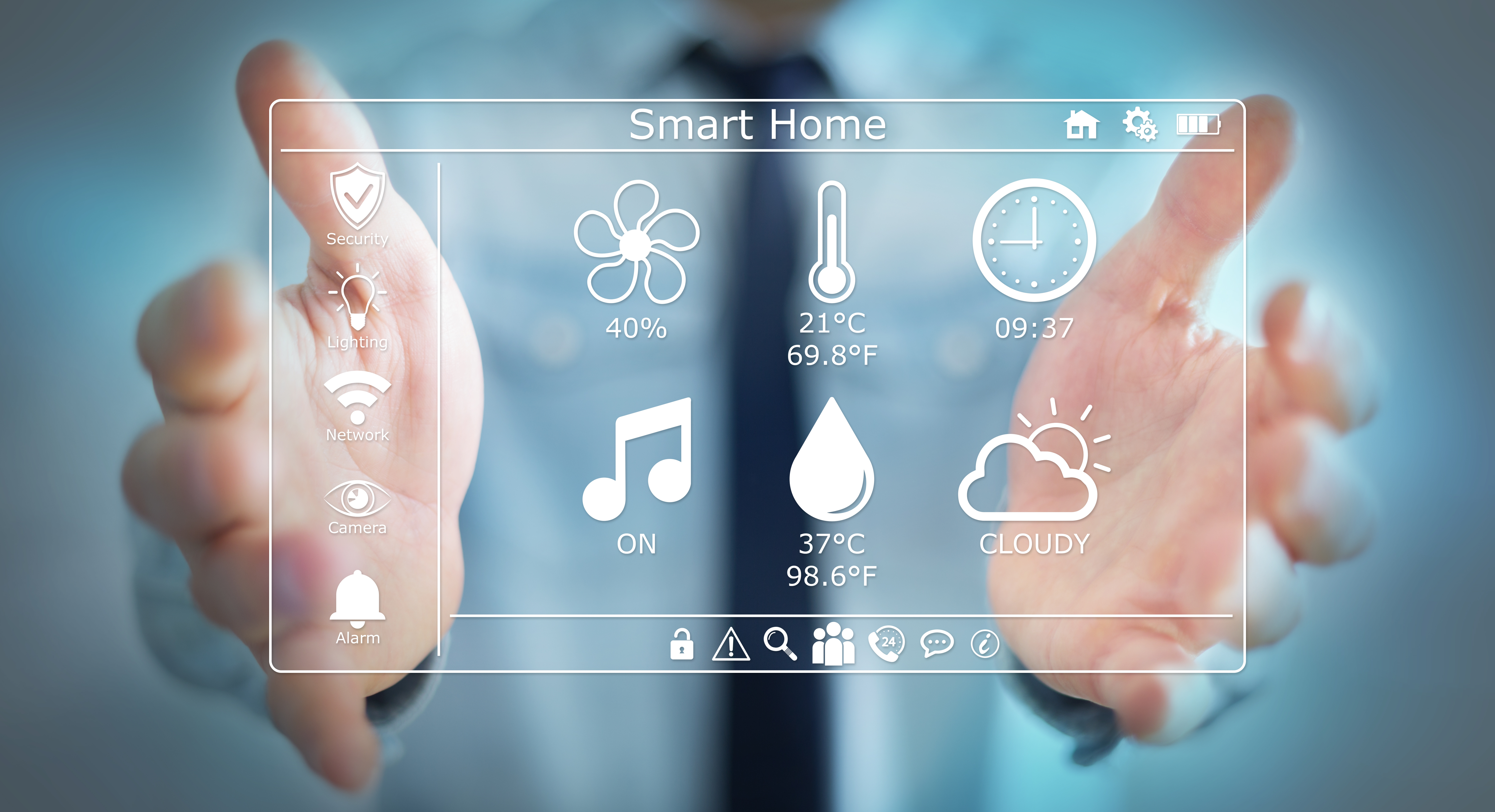
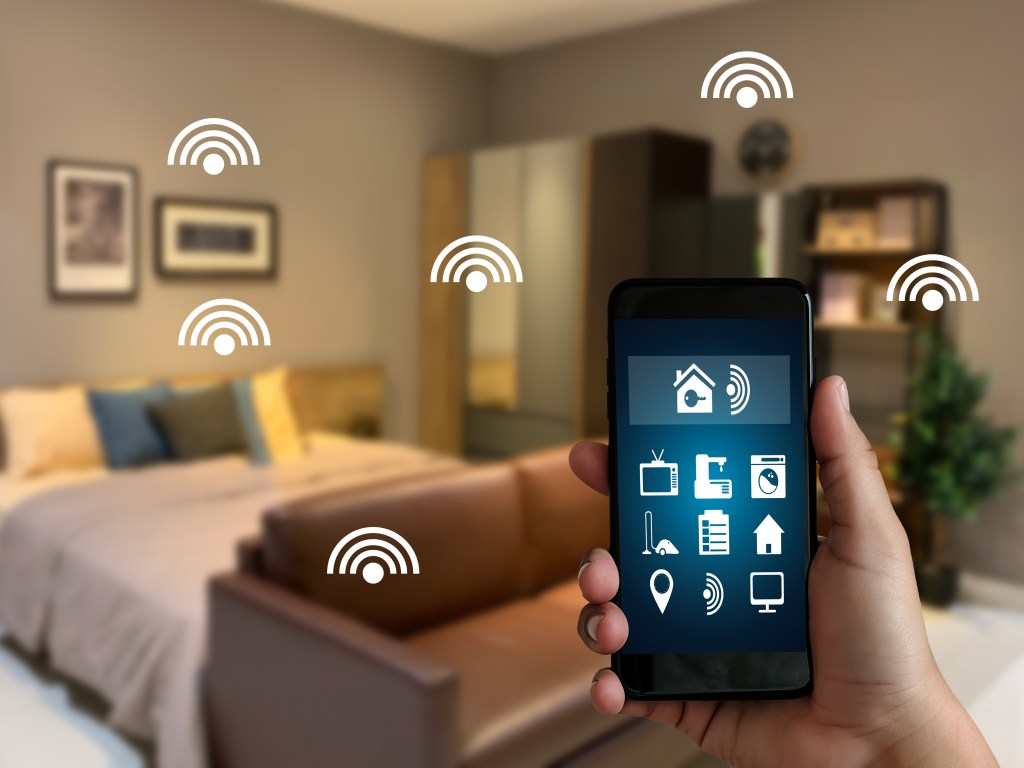
Can smart home features boost property value?
When it comes to buying a home, there are countless considerations and personal preferences for each prospective buyer. But with smart technology only growing in prominence, we aimed to find out whether the added convenience of smart tech could lead to a higher property valuation when selling a home.
We quizzed 2,000 UK residents on whether they’d pay more for a potential property with smart home features already installed, as well as which home technology items they’d find most appealing – considering both the current smart home technology offering and potential future advancements too.
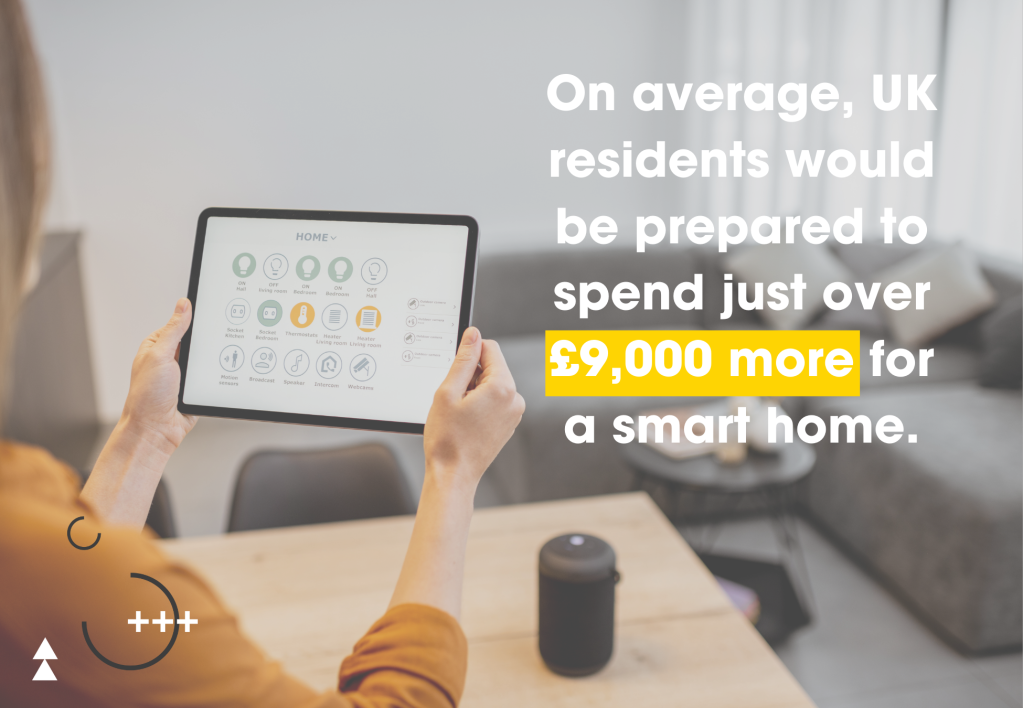
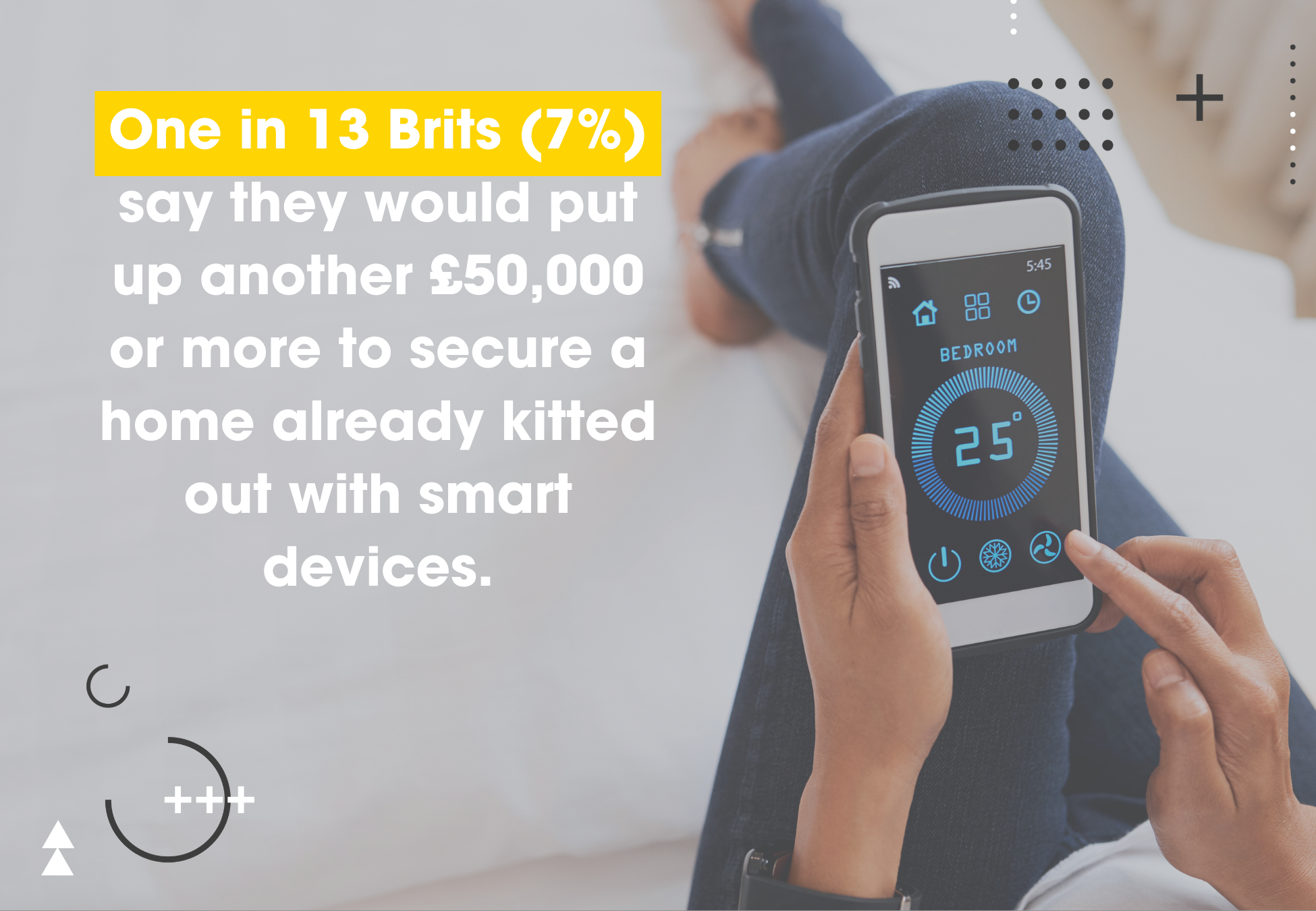
Our research has shown that, on average, UK residents would be prepared to spend just over £9,000 more for a smart home, while one in 13 Brits (7%) say they would put up another £50,000 or more to secure a home already kitted out with smart devices.
The average premium Brits would pay for a smart-tech-equipped home is £9,200, but this varies across the UK – house hunters in London would pay the most, with the average buyer willing to add £15,507 and one in seven (13%) prepared to spend £50,000 more. They were followed closely by house hunters in Durham (£14,543, 58% more on average) and Wolverhampton (£13,412, 46% more).
Top 10 cities and towns where house hunters would pay more for a smart home:
- London (£15,507, 69% more than the ‘average’)
- Durham (£14,543, 58% more)
- Wolverhampton (£13,412, 46% more)
- Newcastle (£12,077, 31% more)
- Birmingham (£11,187, 22% more)
- Leicester (£11,100, 21% more)
- Cardiff (£11,026, 20% more)
- Dundee (£10,918, 19% more)
- Norwich (£10,825, 18% more)
- Walsall (£10,392, 13% more)
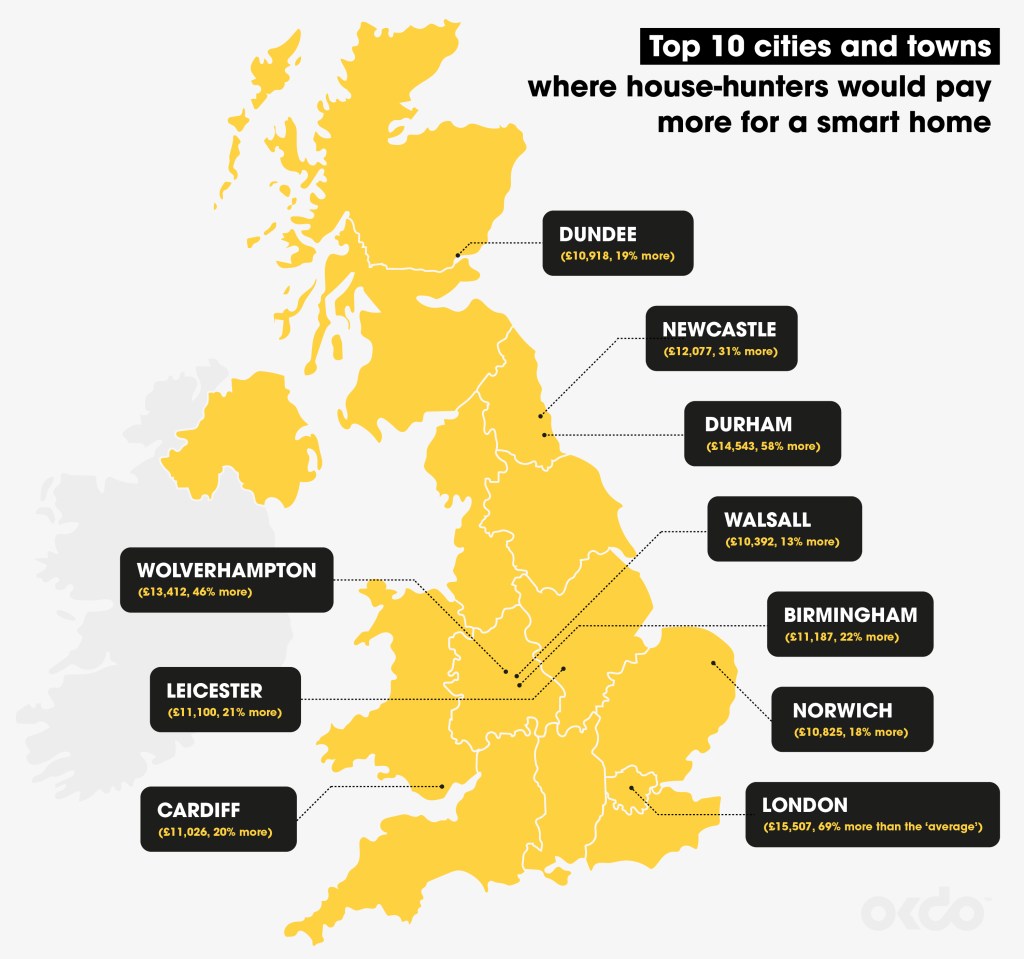
The most desirable smart home features
More and more households have adopted smart home technology to make life easier in the past few years. According to a previous report on smart tech ownership by Smart Home Week, 57% of homes in Britain contained at least one smart device in 2019, while this figure has grown to 81% in 2022, according to a new Statista report.
But some smart home features seem to be growing in popularity more than others recently. With energy bills on the rise, it’s not surprising that search demand for smart tech that can control energy usage has increased – particularly for smart thermostats, which have seen a 50% increase in Google searches compared to this time last year, according to our analysis[1].
And smart home features that control temperature and energy usage can save homeowners money on energy bills. Previous reports indicate that a smart thermostat alone could cut up to 31% off an average heating bill, while ‘smart’ lights could save up to £35 a year.





Additionally, it has been reported that switching off’ vampire devices’, which could all be managed with smart plugs and appliance control systems, could save up to £147 a year, meaning the average UK household could potentially save £457 – £464 a year by installing energy-saving smart home devices.
However, according to our survey, smart home devices with a security focus are the most sought-after overall. In fact, almost three in five people (59%) consider a smart security system the most appealing tech feature in a potential new property.
Smart temperature solutions came in a close second, with almost half (49%) of Brits being enthusiastic about this sort of technology. Safety features such as smart detectors, which alert your smartphone or tablet to dangers such as smoke or carbon monoxide, came out as the third most desirable smart system for potential buyers, with 47% of people saying they’d be interested in a home equipped with these.
As part of our study, we also spoke to a property expert to find out more about how smart home tech could potentially boost property value and which features could be most appealing to different demographics.
According to Thomas Goodman, Property Expert at MyJobQuote,” smart tech features should be built into the home and have high compatibility and adaptability in order to increase value. So, you’re looking for practical systems that will enhance the function of the home and make life easier.
As bills rise and green initiatives start to change how we live, new homeowners will likely look to smart technologies to help improve efficiency and keep better control of heating systems. Smart controls such as thermostats, for example, will have wide appeal with different types of buyers, from the eco-conscious to the financially shrewd, while smart safety devices such as smoke and carbon monoxide detectors will certainly entice family buyers.
Other features such as intuitive indoor and outdoor lighting that’s easy to operate could appeal to tech-savvy young professionals and older individuals looking to make their daily lives easier and more secure.”
What is the future of home tech?
With new technology constantly being introduced and improved in the field of smart homes, we also aimed to find out what UK residents are expecting for the future and which advanced features they would like to see become readily available in the next few years.
Energy-saving home heating appliances seem to be at the top of the list of the most desirable future features for Brits, followed by devices that could help with overall health benefits.
The most appealing ‘future’ device, in fact, would be a heating system that automatically adjusts room temperature based on presence, with half (50%) of respondents saying this would be something they would like to see become readily available in the coming years.
Following closely are smart beds to improve sleep quality, with over two fifths (42%) voting this as something they would like to see implemented, and smart home air quality detectors, with 39% of those surveyed saying this would be appealing to them.
But what can we expect from the future of home technology?
Nils Christensson at OKdo gives his predictions: “I think the fundamental aspects that will drive the future of home tech will be safety, environmental cost and convenience. For example, there is a clear need where cost and environmental advantages are linked to comfort, hence why many UK residents would like to see even more technological advancements in features that can make the home more energy-efficient or help heat the home in an easier way with minimal input from users.
While these aspects have slightly different meanings for different people, technology that helps us make our lives easier will likely be at the centre of future development.

For some, this may mean being presented with information exactly when they need it, being able to better monitor their kids, pets or possessions, or even having their home do things they forgot to do, for example, locking their front door when they have inadvertently left it open.
We are unlikely to see any major changes to what we do in our homes already in the next few years – we will still sleep, eat, entertain and bring our kids up the way we do now.
However, there will most likely be further development in terms of the ‘robots’ we already have, for example, technology improvements that will make vacuum cleaners, dishwashers, and washing machines even ‘smarter’ or further improvements in features that control energy usage.
I believe a higher level of automation and AI optimizing energy usage and providing comfort, as well as convenience, will be the main developments we can expect for the future of home tech. I also believe that tech that helps with special needs is where the greatest strides could potentially be made in the future”, concluded Nils Christensson, Vice President, Product & Technology.
Sources:
- Survey of 2,000 UK residents conducted in May 2022
- Google Keyword Planner data: sourced between 13/5/22 and 23/5/22
- Average UK energy bill (reference for potential savings): Between £1,971 and £2,017 for direct debit customers (new energy price cap): https://www.ofgem.gov.uk/publications/price-cap-increase-ps693-april
- [1] Google Keyword Planner data: sourced between 13/5/22 and 23/5/22

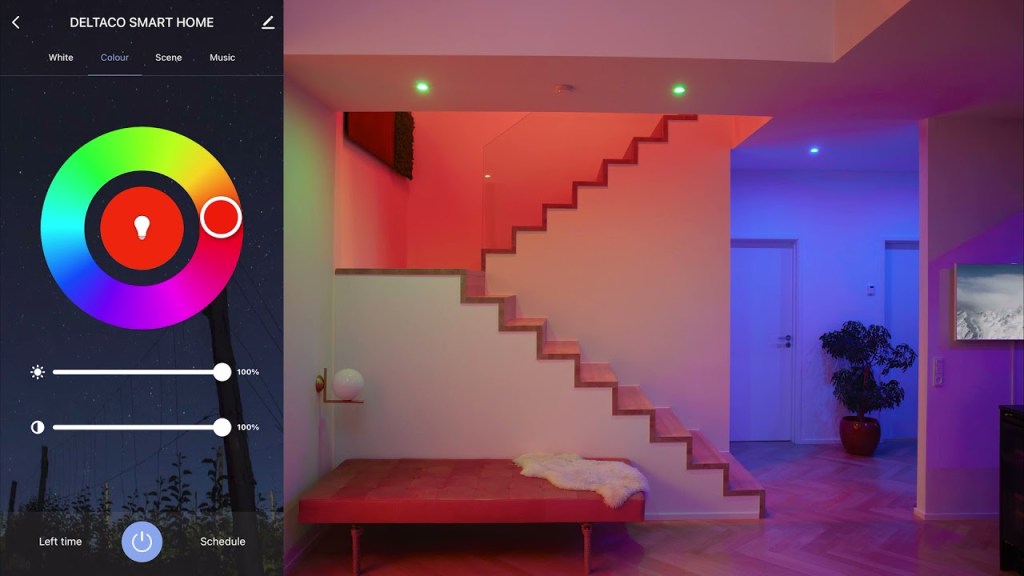
Smart Home

